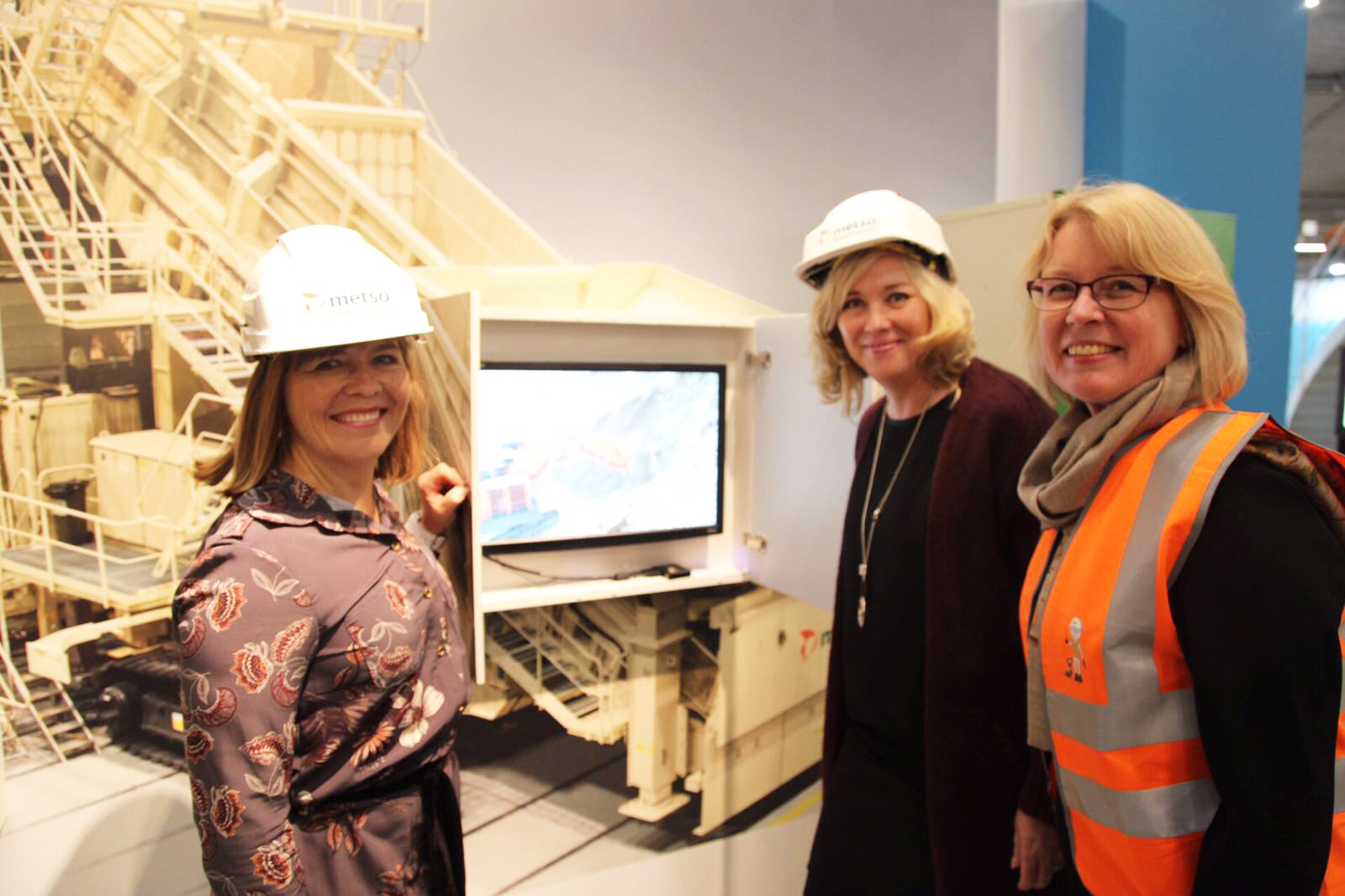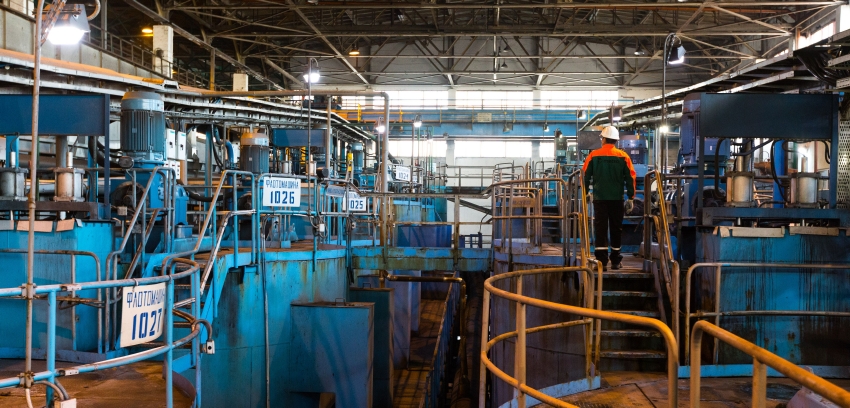With ore grades declining around the world and the need to process more and more ore, the focus on efficiency is moving to the forefront. At Metso, we are one the players in the industry who has been making a push of late. However, our long history in flotation equipment is somewhat overshadowed by our industry leading reputation in comminution equipment. We acquired our flotation capabilities from the acquisition of Svedala back in 2001, which added the experience and expertise from both Denver Equipment and Sala AS to our competencies. Consolidation of this knowledge directly led to the subsequent development of the RCS flotation cell.
Lately, we have pivoted to adding resources to our flotation team with the appointment of experienced flotation specialists in the Process Optimization team. Dedicated to providing our customers with not only the best flotation equipment type and size range available, we also focus on customer support long after purchase, through our Life Cycle Services (LCS) contracts.
One of the Process Optimization team’s expertise areas is the Advanced Process Control (APC) of flotation processes. Implementation of APC increases the yields in mineral recovery from 1 to 3% by pushing the process to its dynamic physical and metallurgical constraints. Froth vision is a key sensor in this effort and its use has been expanded to control of reagents as well as cell pulling rates.
Strong global demand for flotation equipment
Demand for flotation equipment has been strong. We have seen increased activity for example in the Americas, Europe and Australia where clients have been indicating their need for faster delivery of new flotation equipment and cells.
The recently renewed Metso RCS™ flotation cells have been selected for a wide range of mineral applications, both for metallic and industrial minerals. Some miners have requested reducer drives instead of v-belt drives for improved maintenance. We have also supplied RCS Heavy Duty units to handle large volume coarse particle applications or applications where an increased power input is required.
A move towards optimization and digitalization strategies
With every percent of increased recovery having an impact on miner’s bottom line, there has been a shift towards using controls and instrumentation for higher recovery. Many plants utilize both froth cameras and advanced process control through an optimizing control system software based expert system.
Metso’s version of this software is the OCS-4D, with its optimizing control strategy based on the use of a technique called dynamic constraint control which pushes flotation plants to drive for higher pulling rates. This helps to maximize mineral recovery within plant physical and metallurgical constraints. The extensibility and alignment of dynamic constraint control with plant KPI’s makes it a very attractive option. Typical results when applying this technique have been between 1 and 3% increase in mineral recovery which can translate to large savings or productivity gains for the plant.
We have just recently modernized our froth vision system VisioFrothTM and are also collaborating on several research and development projects ranging from performance upgrades on the current technologies to the introduction of the next generation of flotation machines. In general, one type of flotation equipment is not appropriate for a complete concentrator and it is necessary to implement specific machines to meet specific needs. Efficiency, advanced process control, and safety are factors which must all be considered in mining, especially when it comes to developing new flotation equipment.
Another trend is the entry of large data processing companies trying to analyze large volumes of data in the minerals processing industry to find trends. However, so far success has been limited due to the complex and plant specific nature of flotation. Few systems are capable of reliable measurement to accurately track variability within the system. Mining operations are looking to connect geological data to data from the concentrators and vice versa to permit better control strategies and optimization of the entire process. Often this can be tied to a full plant audit using tools such as ore tracking RFID technology SmartTag™ and GeoMetso™ software which with the right inputs can paint a complete picture of a plants operations and suggest improvements.
First published in the Flotation feature of International Mining.

